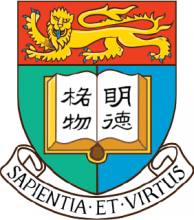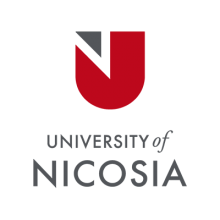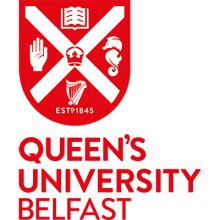About Tallinn University of Technology
Tallinn University of Technology (TUT) was founded in 1918 when the Estonian Engineering Society brought together local technology experts to provide courses in, what was then, German-occupied Estonia. The country gained independence that same year and, in the following year, it became a private institution named the Tallinn College of Engineering.
The university adopted various different names throughout the country’s turbulent history, such as the Tallinn Technical Institute and Tallinn Polytechnic Institute. It was only in 1989 that Tallinn University of Technology regained its original name.
Today, TUT is a public university located in the heart of Estonia’s capital city. It is also the country’s only technical university.
Serving close to 12,000 students, including more than 1,000 international students, the university offers around 30 undergraduate programmes, 50 at master’s level and 10 PhDs.
The institution is organised across 16 different faculties, institutes and colleges, with over 2,000 members of staff, including around 120 international academic staff.
Situated in the Mustamäe region of Tallinn, TUT claims to be the only campus university within the Baltic States. Set in 55 hectares of land, the campus is home to many high-tech companies as well as the Estonian Information Technology College, a science park, the 19th century Glehn Castle, as well as a library, museum, restaurants, bars and residential areas.
TUT has contracts worth over €2 million with Estonian companies, over €1 million with public sector organisations and international contracts of around €0.5 million.
Explore these featured universities
Explore rankings data for Tallinn University of Technology
Compare universities on their key stats
Key statistics
- 7,728Number of FTE Students(1)
- 22%Proportion of ISR Publications(1)
- 40 : 60Student Ratio of Females to Males(1)
- 13%Percentage of International Students(1)
- 10.1No. of students per staff(1)
Subjects taught at Tallinn University of Technology
Business & economics
- Business & Management
- Economics & Econometrics
Social sciences
- Politics & International Studies (incl Development Studies)
Physical sciences
- Chemistry
- Physics & Astronomy
- Geology, Environmental, Earth & Marine Sciences
- Mathematics & Statistics
Engineering & technology
- Mechanical & Aerospace Engineering
- Civil Engineering
- Electrical & Electronic Engineering
- General Engineering
- Chemical Engineering
Computer science
- Computer Science
Law
- Law
Life sciences
- Biological Sciences










